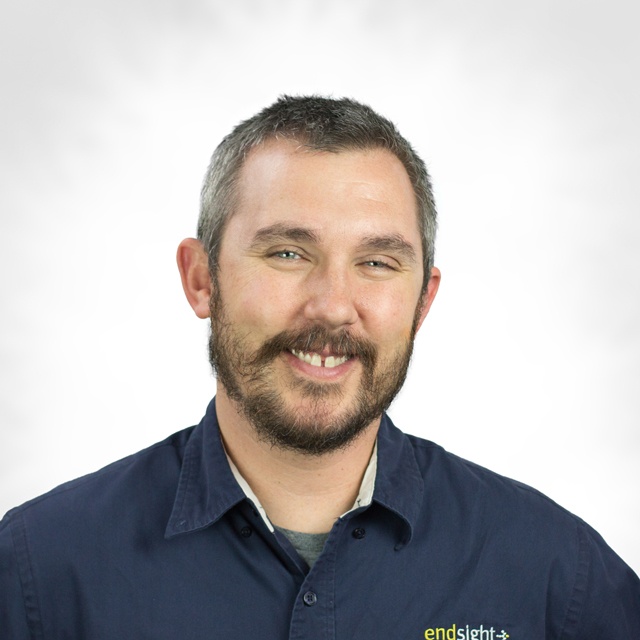AI Office Hours: Practical AI Business Solutions
Join Endsight’s AI Office Hours! A recurring webinar series designed to help organizations make practical, confident progress with AI.
Each session delivers quick updates on what’s new in AI, real examples you can apply right away, and guidance from Endsight’s experts on how to use AI safely and effectively.
March 26th @ 1-2 PM PST
Join Us!
Join Us!
Overview
March 26th 1 - 2 PM PST
AI Office Hours: Turn AI From Experiment Into Execution
You know AI matters. But right now, it probably feels unclear. Too technical. Too risky. Or too abstract.
You’ve experimented with prompts. You may have explored building agents. But what you really want to know is this: What does AI look like when it’s working inside a business like mine? In this session, we’ll show you exactly that.
In this live session of AI Office Hours, we’ll show you what we mean by “Run.” Running with AI doesn’t mean experimenting with tools. It means AI is embedded into real workflows, driving efficiency gains, improving productivity, reducing manual effort, and continuously evolving with your organization. It means moving beyond curiosity and into measurable operational returns.
You’ll see how organizations are making that shift in practical ways, and you’ll receive a focused update on how the AI landscape has evolved over the past 90 days, what’s changed, what’s accelerating, and what organizations need to pay attention to now. If you want clarity instead of hype and a structured path instead of scattered experimentation, this session will help you understand exactly where you stand and what your next step should be.
Agenda:
-
Executive AI Update: What’s changed since our last session
-
The “Run” Phase: What operational AI looks like
-
Live Demonstrations: Real-world workflow examples
-
AI Readiness Assessment Introduction
-
Live Q&A
What You Will Learn
-
How to move from AI experimentation to operational automation
-
What’s changed in AI over the past 90 days
-
What practical AI workflows look like in action
-
Where most organizations get stuck
-
How low-code tools make AI more accessible
-
The next step for your organization
Speakers
.png)
Michelle Brezenski
Manager, Development @ Endsight
%20(1).jpg)
Eugene Motisko
Power Platform Developer @ Endsight
/jclau-640low.jpg)
Jason Clause
Director of Marketing @ Endsight

Brain Tirado
Director of AI & Automation @ Endsight
With over 20 years of IT experience, Brian is a seasoned professional who began his career at Occidental Technical Group in 2002 and joined Endsight in 2017 through its acquisition. Since then, he has held various leadership roles, starting as RC Manager, advancing to Director of Pod Operations, and now serving as Director of AI and Automation. Brian has a Bachelor’s in Computer Science from Pacific Union College.